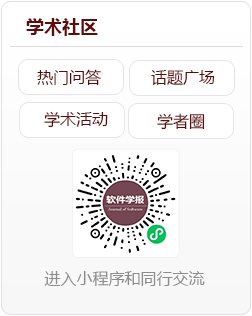Vulnerability Scanner Enhancement Framework Based on JavaScript Code Analysis
Author:
Affiliation:
Clc Number:
TP311
Fund Project:
Get Citation
况博裕,朱焱,杨善权,苏铓,周永彬,付安民.基于JavaScript代码分析的漏洞扫描器增强框架.软件学报,,():1-19
CopyShare

Article Metrics
- Abstract:
- PDF:
- HTML:
- Cited by:
History
- Received:February 24,2025
- Revised:April 21,2025
- Adopted:
- Online: September 28,2025
- Published:
You are the firstVisitors
Copyright: Institute of Software, Chinese Academy of Sciences Beijing ICP No. 05046678-4
Address:4# South Fourth Street, Zhong Guan Cun, Beijing 100190,Postal Code:100190
Phone:010-62562563 Fax:010-62562533 Email:jos@iscas.ac.cn
Technical Support:Beijing Qinyun Technology Development Co., Ltd.
Copyright: Institute of Software, Chinese Academy of Sciences Beijing ICP No. 05046678-4
Address:4# South Fourth Street, Zhong Guan Cun, Beijing 100190,Postal Code:100190
Phone:010-62562563 Fax:010-62562533 Email:jos@iscas.ac.cn
Technical Support:Beijing Qinyun Technology Development Co., Ltd.



